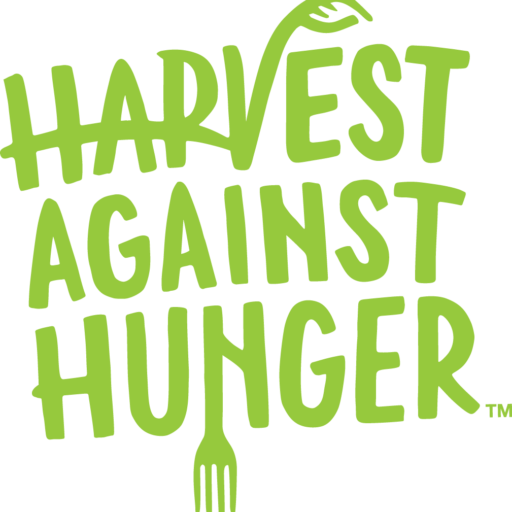Cooking and Nutrition at the Community Action Center
20.03.2020 in EducationTeaching healthy eating to our clients promotes nutrition as well as knowing where our food comes from. Encouraging community members to make their own food and learn new skills gives them the opportunity to take control of their health and wellbeing. The year two VISTA was able to work with cooking and nutrition through the “demo kit” project. There were community members and clients of the CAC who came into the community kitchen at the CAC to test their recipes and teach them to other community members during food bank distribution in the same building..


